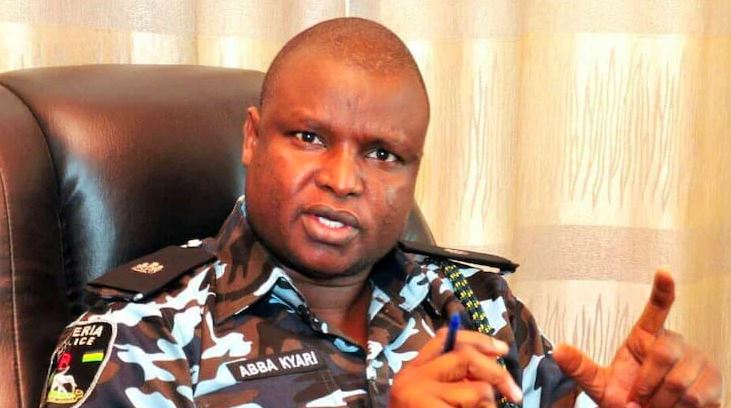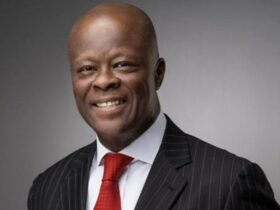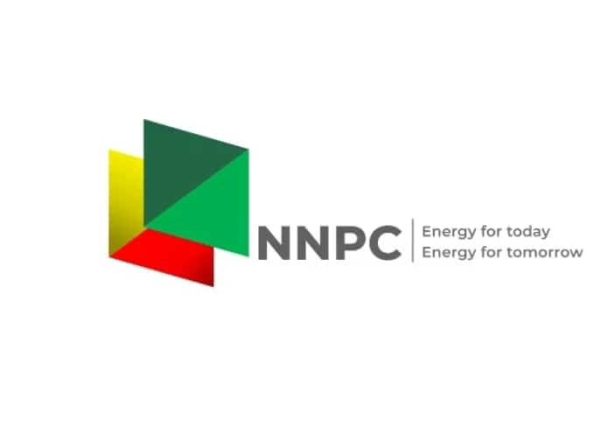A total of 27 states attracted zero foreign investments in 2022, as Nigeria’s capital importation dropped by 20 per cent from the $6.7bn recorded in 2021 to $5.3bn in 2022.
This disclosure is from Nigeria’s Capital Importation report published by the National Bureau of Statistics.
Capital inflows are net purchases of domestic assets by foreigners. It shows the aggregate of investments plunged into a domestic economy by foreign investors.
They are divided into three main investment types – Foreign Direct Investment, Portfolio Investment and Other Investments, each comprising various sub-categories.
According to the NBS, the top destinations that attracted the most investments in 2022 were Lagos State ($3.59bn), and the Federal Capital Territory, Abuja ($1.62bn).
Other states which attracted foreign investments in 2022, although minimal, included Akwa Ibom, Anambra, Ekiti, Enugu, Katsina, Kogi, Oyo and Plateau state.
In the first quarter, only six states attracted a total of $1.57bn as capital importation. The states included – Abuja, Anambra, Katsina, Lagos, Oyo, and Plateau.
In the second quarter, cumulative capital inflows totalled $1.54bn. Lagos ($1.05bn) attracted the most capital in the period under review, followed by Abuja, at $453.95m; Anambra, at $24.71m; Kogi, at $2m; and Ekiti, at $500,000.
The total value of capital importation into Nigeria in Q3 2022 stood at $1.1bn, while in Q4, a total of nine states, including the FCT, attracted a total of $1.06bn.
The likes of – Abia, Adamawa, Bauchi, Bayelsa, Benue, Borno, Cross River, Delta, Ebonyi, Edo, Gombe, Imo, Jigawa, Kaduna and Kebbi states failed to attract any foreign investments in 2022.
Others also in that category are – Nasarawa, Kwara, Kano, Niger, Ogun, Ondo, Osun, Rivers, Sokoto, Taraba, Yobe and Zamfara states.
The top three destinations of capital inflows into the country in 2022 were the – the United Kingdom, the United States and South Africa.














